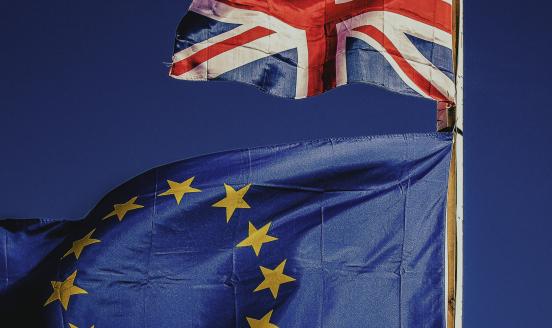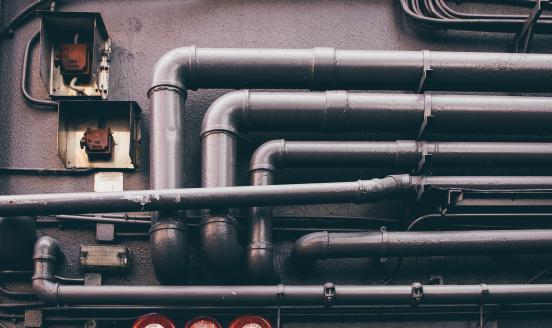Brexit: who trades what with the UK?
The result of the UK referendum to leave the European union will likely impact the UK’s trade with other countries. Our database shows what products E
One of the most important aspects of the recent decision by voters in the UK to leave the EU will be its repercussions in terms of international trade. We have already highlighted the challenges in this area, but now that the decision is taken, it is probably more useful to have a clear understanding of the detailed bilateral trade positions of the remaining EU 27 member states with the UK.
Germany, France, Italy, Spain, Poland and the Netherlands all have a trade surplus with the UK, with Germany and the Netherlands having among the largest (Figure 1)
We have compiled a dataset of bilateral trade flows at the level of individual products (SITC 2nd digit) from Eurostat international trade statistics, covering the trade of all EU countries with the UK in 2015.
The database is publicly available on our website, making it possible to access important statistics on EU countries’ trade with the UK, at the product level. As an example, we report here the top-5 products that are imported from/exported to the UK by Germany, France and the Netherlands, as well as the product level trade balance of each country with the UK.
We hope that this tool can be a helpful addition to what will certainly be a very important and delicate discussion.



